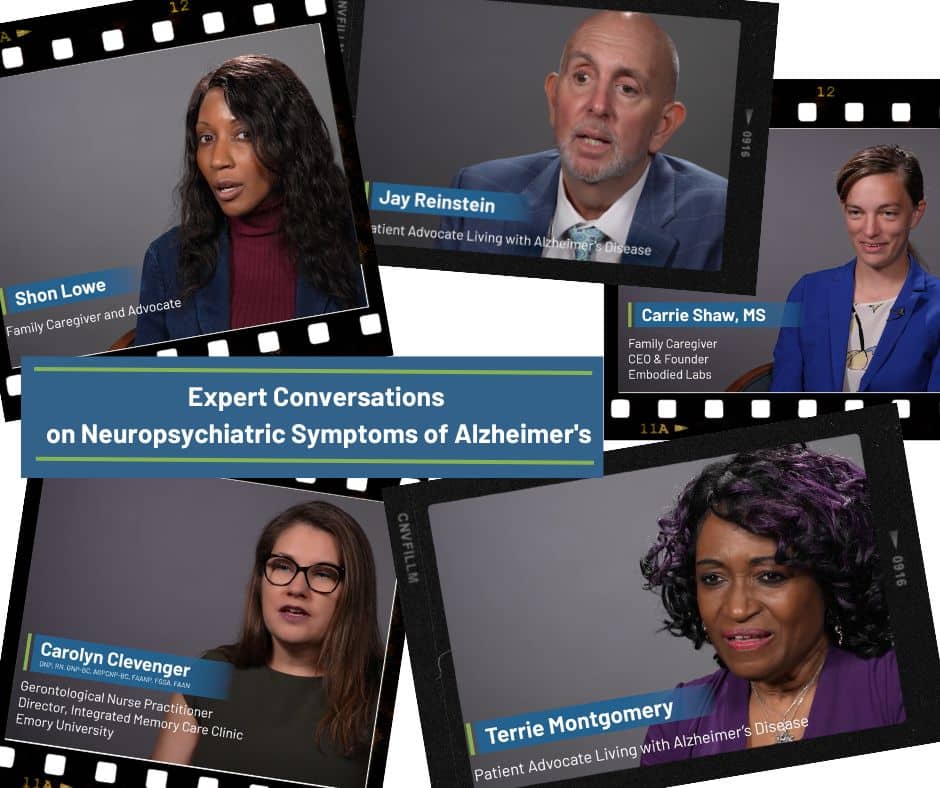Sanjay Dubé, M.D. is the Head of Clinical Development and Scientific Strategy and Vice President of R&D at Avanir Pharmaceuticals. Additionally, he oversees Avanir’s Pharmacovigilance, Biometrics and Non-Clinical Programs. Dr. Dubé received his M.D. in Psychiatry at King George Medical University in Lucknow, India, where he graduated with honors. He is a Distinguished Life Fellow of the American Psychiatric Association, and a member of the American Association of Neurology, the American Society of Clinical Psychopharmacology, the International Society for Clinical Trial Methodology as well as other national and international societies. Dr. Dubé is an Adjunct Professor in the Department of Psychiatry and Behavioral Sciences at Stanford University’s School of Medicine and has held similar positions at other universities. Dr. Dubé is active with advocacy groups supporting caregivers of patients affected by a spectrum of neuropsychiatric symptoms. To find out more about Avanir, please visit www.avanir.com.
What do you see as the most notable strides in Alzheimer’s disease research from the previous few years? What do you see happening with Alzheimer’s disease research in the next five to ten years?
The past few years have produced a number of advancements that have given me a lot to be hopeful for in the future. Ongoing clinical trials are addressing several new targets for Alzheimer’s disease and early intervention. There is increased interest in finding treatments for neuropsychiatric symptoms such as agitation in Alzheimer’s dementia, which the Food and Drug Administration (FDA) has identified as an unmet need. I foresee the next five to ten years producing more clinical trials that target these symptoms with more safe and efficacious treatments than are currently available.
What advice would you give a young adult thinking about a career in Alzheimer’s dementia-related drug development?
Stay focused on the patients and the mission. Alzheimer’s disease has no cure and is an incredibly complex and devastating condition that affects nearly 6 million Americans. It can be easy to feel overwhelmed in the face of the work ahead, but the search for new treatments has always been built on a foundation of challenge and innovation. There are many unknowns and more failures than successes, but as researchers, we need to stay focused. If you keep the patients at the center of it all and your mission at heart, you’ll find that you have the power to make significant contributions towards finding a treatment that can help improve the quality of life for both patients and their caregivers.
What research in the field are you most excited about?
I’m excited to see the growing trend toward designing clinical trials that address patients’ specific needs. At Avanir, the patient is at the center of our mission, and every day we strive to alleviate the burdens of those affected by central nervous system conditions. The more we remain patient-focused, the more we’re able to understand their unmet needs, and that in turn helps us design clinical trials that deliver useful, pertinent data and more specialized treatments.
Your team has a product in the pipeline for the treatment of agitation in patients with Alzheimer’s dementia. How does agitation manifest in Alzheimer’s disease patients and how does it impact their caregivers?
Agitation in Alzheimer’s dementia may have varied presentations. While some patients may pace and appear restless, others may direct their frustrations towards those around them, including their caregivers. They may become more irritable, oppositional or resistive, verbally or even physically aggressive as a result of their condition. Often caregivers recognize that the patient’s behaviors are completely out of character as a result of their Alzheimer’s dementia. Expressed agitation can present significant challenges to patients and their caregivers. These episodes can sometimes cause injury and result in the patient’s early placement in nursing homes or long-term care facilities as they can become difficult to manage at home. Caregivers are a vital component of a patient’s care community, and it’s important to ensure they’re empowered with the knowledge and resources they need to help manage the care of their loved ones who manifest neuropsychiatric symptoms as a part of their disease.
When your average person thinks about Alzheimer’s disease, they mostly think about memory loss. They often do not consider the very common behavioral or psychological symptoms of dementia. What are the first signs that a person with dementia is suffering from agitation?
In the beginning, patients may become frustrated with themselves for not being able to perform simple tasks with the same proficiency they used to or begin to misperceive common situations as threatening. The early signs of agitation, such as being irritable, are often dismissed as normal behaviors. Family members might minimize or explain away these symptoms as normal signs of aging, not recognizing that this irritability could be the harbinger of a serious disease. While these behavioral symptoms can present at any stage of the disease, they may increase in severity to a certain point in the disease progression and may be associated with rapidly progressive dementia. By educating family members and caregivers about the symptoms of this very complex disease, it can help them make more informed decisions about seeking medical treatment.
What are some of the causes of agitation for people with Alzheimer’s disease? What advice would you give caregivers when these symptoms begin to manifest?
While agitation may be a part of Alzheimer’s dementia itself, agitation can be caused by several different medical conditions and environmental factors. Common examples include urinary tract infections, pain, delirium, and medication and substance use. Caregivers should keep the patient’s physician informed of all behavioral and symptomatic changes and medical conditions to ensure the patient is receiving the best and most appropriate treatment. Helpful behavioral treatments can include music therapy, regular exercise, aromatherapy, and avoiding changes in routines. Additionally, reducing unwanted distractions and listening to their fears and frustrations can help provide a sense of comfort and reassurance.
What message would you like to share with policymakers and regulators about how we can provide more appropriate clinical care to someone with behavioral or psychological symptoms?
At the end of the day, researchers and regulators work hand-in-hand to deliver treatments to patients that are safe and effective. We must continue to listen to patients and caregivers to better understand their experiences and their needs. Patient-focused drug development is a shared goal, and to deliver on that, it’s important to see the condition from the patient’s perspective. Developing more assessment tools to incorporate the patient’s perspective will provide more meaningful information.
What advice would you give to a person considering enrolling in a clinical trial?
My advice would be, if it’s something you think you might be interested in, talk with your doctor or do a search online for trials that are actively enrolling. Participating in a clinical trial can be a great way for a patient to have ownership of their condition and actively collaborate with the researchers who are working toward discovering better treatments for their condition. It can also be an empowering experience. Patients who participate in trials are often just as eager to find treatment solutions, and they are vital and valued members of the clinical trial team. Better and safer treatments are supported by empirical evidence, and in clinical trials that invaluable data would be impossible without trial participants.
Statements made by Dr. Dubé are his own and do not necessarily reflect the views of Avanir Pharmaceuticals.





